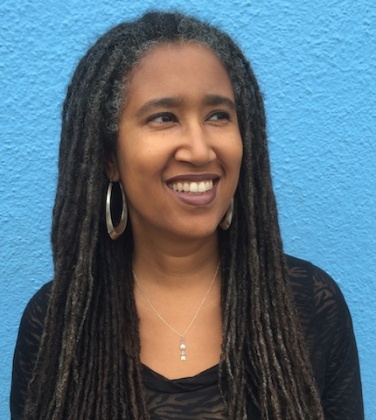Happy Halloween and Happy publications! Congratulations to all the Women Who Submit who were published in October.
From Arielle Silver‘s “Mother” at Matador Review:
Mother: [Noun] a woman who has borne a child.
1. First came love.
Father: Spring break she took a road trip down from Georgia for the weekend. Ended up at my frat party.
Where are you from? I asked.
New York, she said.
Your name sounds Jewish, I said.
I am, she said.
What’s that on your finger? I asked.
I’m engaged, she said.
Why don’t you break up with your fiancé and go out with me, I said.
2. Then came marriage.
From Arlene Schindler‘s “The Night I Became a Gift from Cary Grant to One of His Friends” at Purple Clover:
The party was in a fancy restaurant in New York City attended by 75 rich and famous types. The entertainment preceding me were five different -grams. I had to follow a singing Yankee Gram, a gift from party guest George Steinbrenner. Shortly after I got into my costume, a guest who was an infamous nasty person—Roy Cohn—walked up to me and said, “If you are not funny, kid, your friend loses her job.” No pressure there. Continue reading “A WWS Publication Roundup for October”







